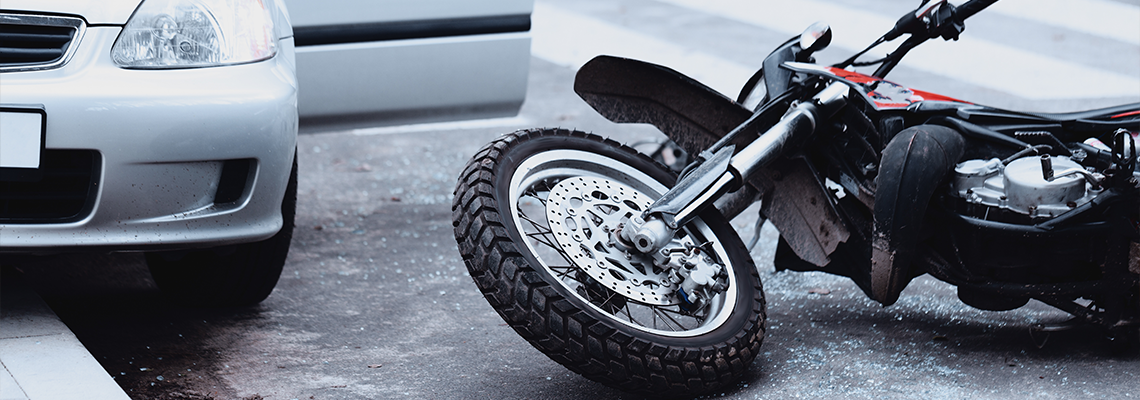
The Importance of Gathering Evidence After a Motorcycle Accident: Legal Tips for Riders
Motorcyclists face unique risks on the road, often suffering more severe injuries than occupants of cars or trucks in the event of a crash. In the aftermath of a motorcycle accident, what you do next can have a significant impact on your ability to recover compensation.
One of the most important steps you can take is gathering and preserving evidence. This process is critical not only for building a strong legal case but also for protecting your rights when dealing with insurance companies.
At Palmer Law Group, we have decades of experience guiding clients through the aftermath of motorcycle accidents. Below, we will explain why evidence matters, what types of evidence you should collect, and legal tips every rider in Topeka, Manhattan, and Lawrence, Kansas, should know after a motorcycle accident.
Why Evidence Matters After a Motorcycle Accident
Motorcycle accident claims often come down to one key issue: liability. Insurance companies and courts need clear, credible evidence to determine who was at fault. Unfortunately, motorcyclists are sometimes unfairly blamed for accidents based on bias or assumption.
That’s why gathering detailed evidence is so essential—it helps counter unfair claims, supports your version of events, and maximizes your chances of securing full compensation for your injuries and damages.
Without proper documentation, even a valid claim can be denied or undervalued. And since memories fade and physical evidence can quickly disappear, taking immediate action is vital.
Types of Evidence to Collect
If you're able to do so safely after a crash, collecting the following types of evidence can significantly strengthen your case:
Photographs and Video
Visual evidence is often the most powerful. Use your phone to take photos and videos of:
The accident scene from multiple angles
Damage to all vehicles involved
Your motorcycle and riding gear (helmet, jacket, etc.)
Skid marks, debris, or road hazards
Traffic signs, signals, or lighting conditions
Any visible injuries you sustained
Photos taken immediately after the accident provide a timestamped, accurate snapshot of the conditions and damage, which can be crucial during settlement negotiations or a trial.
Police Report
Always call law enforcement to the scene. The responding officer will complete an official accident report, which typically includes:
Statements from drivers and witnesses
A description of the accident scene
Preliminary determination of fault
Notes on any citations issued
This report can serve as a key piece of third-party documentation in your case. Be sure to request a copy as soon as it becomes available.
Witness Statements
Eyewitness testimony can help corroborate your account of the accident. If there are any bystanders or other drivers who saw what happened, ask for:
Their names and contact information
A brief summary of what they observed
Witnesses may be more neutral and credible in the eyes of insurance adjusters or a jury than the involved parties.
Medical Records and Bills
If you seek medical attention after the crash, which you absolutely should, ask for detailed records of:
Your injuries
Diagnosis and treatment plans
Medications and therapies
Costs associated with care (bills, invoices, receipts)
These records not only document the extent of your injuries but also help establish a direct link between the accident and your physical condition.
Helmet and Gear Inspection
If your helmet or other safety gear was damaged in the crash, keep it for inspection. These items can serve as physical evidence of the force of impact and the seriousness of the accident. Never discard or repair gear until you've spoken to an attorney.
Dashcam or Surveillance Footage
If you or another vehicle involved had a dashcam, that footage may capture the entire crash. Additionally, nearby businesses or traffic cameras may have recorded the accident. Request this footage as soon as possible—many systems automatically delete or overwrite video after a short time.
Legal Tips for Kansas Motorcyclists
Additionally, these legal tips are helpful for Kansas motorcyclists.
Don’t Admit Fault at the Scene
Even if you feel partially responsible or unsure about what happened, avoid making statements like “I didn’t see them” or “It was my fault.” These comments can be used against you during the claims process. Stick to the facts and allow investigators to determine liability.
Get Medical Care Immediately
Some injuries, especially internal ones or concussions, may not show symptoms right away. A prompt medical evaluation protects both your health and your legal claim. Delays in treatment can be used by insurance companies to argue that your injuries weren’t serious or were unrelated to the accident.
Keep a Post-Accident Journal
Document your recovery by keeping a daily log of pain levels, emotional impacts, physical limitations, and time missed from work or activities. This information can support claims for pain and suffering or loss of quality of life.
Avoid Posting on Social Media
Be cautious about what you post online after an accident. Insurance companies and defense attorneys often monitor social media accounts. A photo or status update taken out of context could be used to argue that your injuries aren’t as serious as claimed.
Speak With a Personal Injury Attorney
Motorcycle accident claims can be complicated, especially when multiple parties or insurance companies are involved. A skilled Kansas personal injury lawyer can help you:
Investigate the accident
Preserve and gather key evidence
File a claim within the state’s statute of limitations
Handle negotiations with insurance adjusters
Represent you in court if necessary
Working with an attorney also makes sure you’re not pressured into accepting a lowball settlement that doesn’t reflect the true cost of your injuries.
Kansas Motorcycle Accident Laws You Should Know
Furthermore, Kansas follows a modified comparative fault rule, which plays a critical role in how compensation is awarded after a motorcycle accident. Under this rule, injured parties may only recover damages if they’re found to be less than 50% at fault for the crash.
In other words, if you’re equally responsible or more responsible than the other party involved—meaning 50% or higher—you will likely be barred from recovering any financial compensation for your injuries and losses. This legal threshold is strict and can make a major difference in whether or not you receive the support you need for medical bills, lost wages, and other damages.
In situations where you’re found to share some degree of fault, but less than 50%, your total compensation will be reduced based on your percentage of responsibility. This is a proportional reduction.
For instance, if your total damages are calculated at $100,000, and the court finds you 20% at fault, you would receive $80,000—a $20,000 reduction reflecting your share of blame. If you’re found to be 40% at fault, your compensation would be reduced accordingly to $60,000.
Working with an experienced Kansas personal injury attorney can make a significant difference in how fault is assessed and negotiated. A skilled lawyer can help challenge inaccurate assessments of your role in the accident, present clear evidence to reduce your share of fault, and advocate for the maximum compensation available under state law.
Understanding how modified comparative fault works—and taking steps to protect yourself legally—can be the key to recovering compensation after a motorcycle accident in Kansas.
Contact Palmer Law Group
Being involved in a motorcycle accident can be a traumatic experience, but taking the right steps in the immediate aftermath can make a significant difference in your recovery—physically, emotionally, and financially. If you or someone you love has been injured in a motorcycle accident, don’t leave your future to chance. With offices in Topeka, Manhattan, and Lawrence, our personal injury attorneys serve clients across the state of Kansas. Contact us today for a free consultation.
